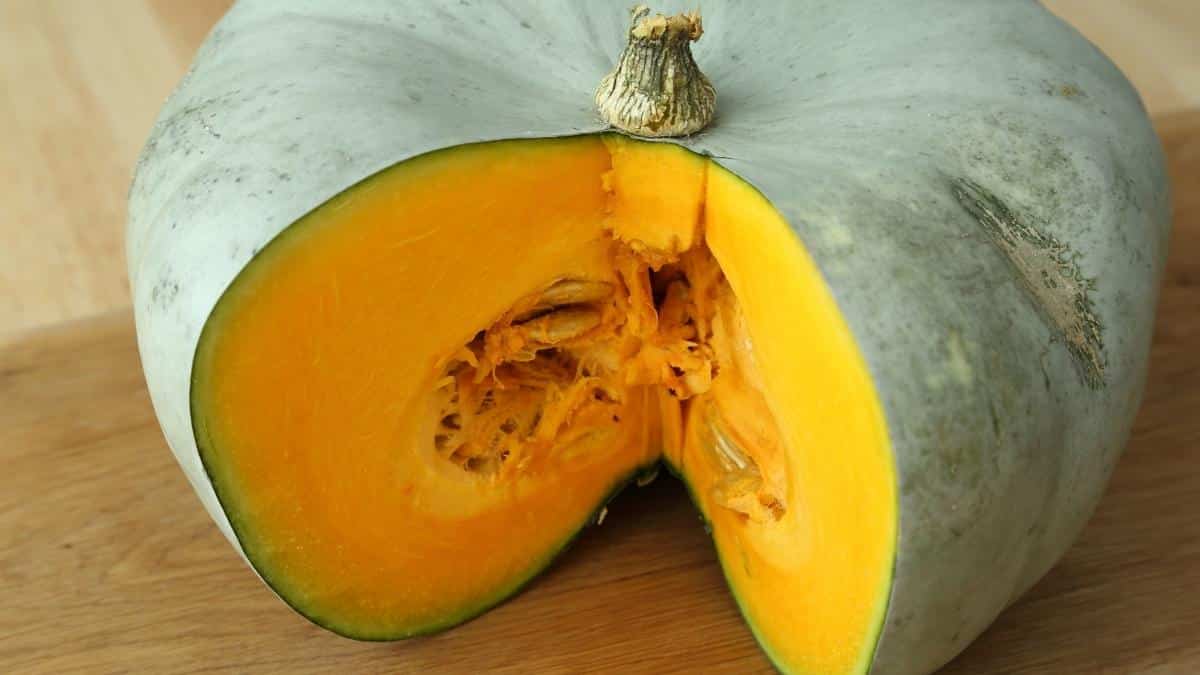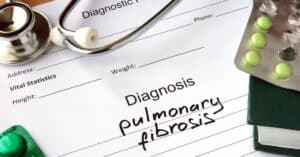When it comes to eating food for pulmonary fibrosis, diet really is everything.
Let’s start here: if you’ve been diagnosed with pulmonary fibrosis (PF), finding relief for your symptoms (coughing, shortness of breath, fatigue) can be an all-encompassing desire.
Although you may currently be on a short-acting or long-acting bronchodilator (inhaler), or perhaps even supplemental oxygen, the fact remains you’ve probably still seen a drop in your overall quality of life.
And though there are treatment options to address internal disease progression, you may want something you can start today – right now – to affect your respiratory health in the long-term.
The good news is that you can, and it starts with eating the right food for pulmonary fibrosis.
With your health in mind, the Lung Institute is here to give you the diet breakdown for those with pulmonary fibrosis or other chronic lung diseases.
This is the definitive guide to Food for Pulmonary Fibrosis: What to Eat?
Proper Nutrition and its Effects on Pulmonary Fibrosis Symptoms
Okay, the basic understanding is that pulmonary fibrosis arises from internal scarring within the lungs because of cigarette smoke (or without any real cause).
And, it causes difficulties in the intake and distribution of oxygen throughout the body. This creates the symptoms such as shortness of breath, coughing and fatigue.
It should then be understandable that improving the body’s ability to intake oxygen molecules and distribute them throughout the body (through the heart pumping blood) would have a positive effect on relieving symptoms of lung disease.
It does.
Although proper nutrition isn’t emphasized as much as it should be, giving your body the right amount of nutrients is incredibly important to its ability to function.
Imagine you have a car and instead of keeping its fluids topped off (transmission, antifreeze, oil, etc.), you only do it when you get around to it.
After a while your car is going to start lagging in its ability to function. Without transmission fluid, your car has trouble switching gears. Without antifreeze, your engine overheats. Without oil, the parts grind and wear out.
Your body isn’t a car. It’s more important and requires more maintenance, so it’s important to give it all the daily vitamins and nutrients it needs to function properly and at maximum efficiency.
So, what does your body need?
Recommended Food for Pulmonary Fibrosis
Increase your Protein Intake – Fatty Fish and Poultry
When it comes to those with chronic lung disease, getting enough protein is often neglected. To overcome this, try adding some fish and chicken to your diet. Fish is packed with essential oils and fatty acids (Omega-3s) that your body—and brain—need to function properly.
On the other hand, some of the best protein available is found in lean meats like chicken and turkey. Remember, these foods should be grilled as opposed to fried, as the build-up of oil from frying can deprive these foods of much of the good nutrients and low calories that they’re known for.
Vegetables and Fruit in that Order
In choosing vegetables to eat, you should pick them like you’re picking crayons in a crayon box: color is your friend. And the brighter the better.
To start, try these:
- Broccoli (no cheese)
- Carrots (no ranch)
- Tomatoes
- Spinach, Kale or Arugula
- Sweet potatoes
- Squash
- And Brussel sprouts
In terms of fruits, the best ones are typically the ones packed with vitamins and antioxidants, these include:
- Citrus fruits (particularly oranges and orange juice)
- Berries—the tarter the better (blackberries, blueberries, cranberries)
- Cherries
- Mango
- And Bananas (although these are high in sugar, they’re loaded with potassium and manganese)
Drink Plenty of Water and Milk
We’ll address water first, since most of you reading this aren’t drinking enough of it. Which is completely okay because that’s the case for most people.
However, out of all the vitamins and nutrients that can be pulled from everything on this list, water is infinitely more important; you just can’t live without it.
Drinking more water will increase your energy, help you sleep better, reduce stress, and help your cognitive ability overall.
In terms of milk, there’s a misconception that milk creates more mucus in those people with chronic respiratory illness.
It doesn’t.
Instead, it may make phlegm thicker, but it does not actively create more of it. This is important because as you get older, osteoporosis gradually becomes a larger issue, particularly in those with chronic lung disease.
Got It, So Now What?
Well first, plan a list of what you’ll need to get on your next grocery store visit.
Second, if you haven’t done this already, quit smoking immediately. Smoking will make all your efforts to improve your health that much harder, amounting to two steps back for every step forward.
With these behavioral changes, it’s possible to greatly affect the pronouncement of symptoms within those with pulmonary fibrosis.

Christine Kingsley, APRN is the Health and Wellness Director at the Lung Institute where she focuses on providing helpful online resources for people looking for information on various lung diseases, breathing exercises, and healthy lifestyle choices. She advocates for holistic care that involves working with your doctor to explore all options including traditional and alternative care while focusing on diet and exercise as proactive measures.









